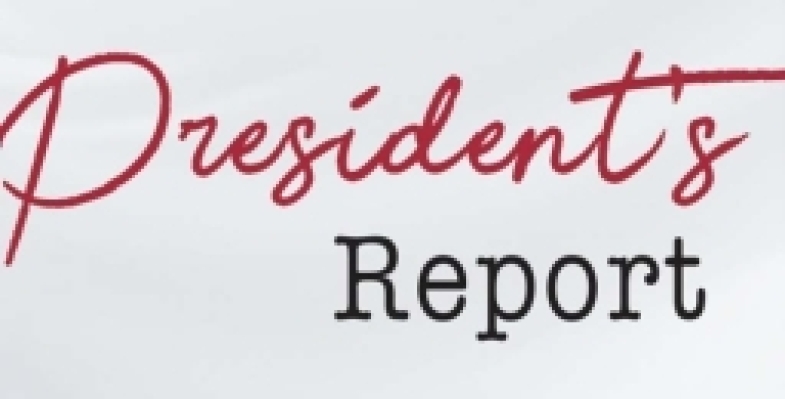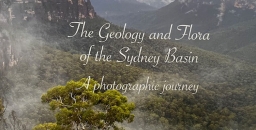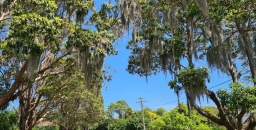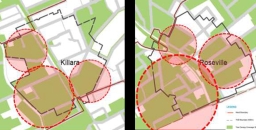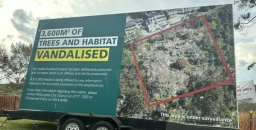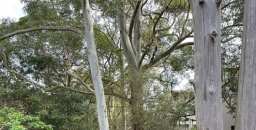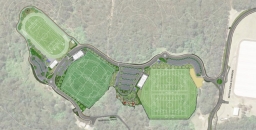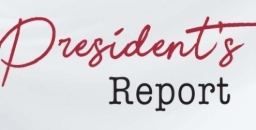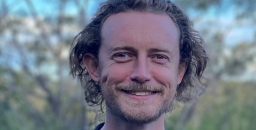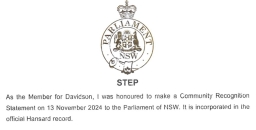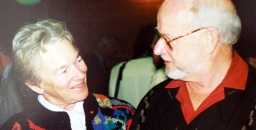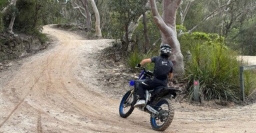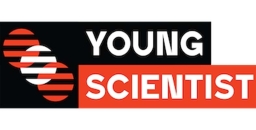Welcome to the annual report on the 46th year of operation of STEP Inc. Last year’s report was optimistic about the future of the environment following changes in government at federal and state level. However, the implementation of the necessary changes is not happening despite statements that legislation will be ‘nature positive’.
At the federal level the legislation to revise the EPBC Act in accordance with the recommendations of the Samuel Review is being held up by big business interests so that the new EPA will not have standards to guide its executive actions.
The future for biodiversity in NSW is being overwhelmed by the housing proposals to build thousands of new homes in response to the huge increase in population since the COVID pandemic. The planning law changes ignore existing environment controls and will obliterate high proportions of urban tree canopy in areas like Ku-ring-gai and Hornsby.
At both state and federal level coal and gas projects are still being approved like there is no tomorrow of serious climate change.
Activities
Talks
Our post AGM talk in 2023 was given by Ian Dunlop about climate change and the urgent need to change the paradigm of growth and capitalism that underpins our economic systems.
Also we held talks on biodiversity conservation in Ku-ring-gai, weedy sea dragons, the impact of fire retardants on the environment and management and the nutritional needs of wildlife. Our AGM speaker will be Nicolette Boele, independent candidate for the Bradfield electorate, about democratic engagement on climate change issues.
Walks
We scheduled 5 walks that featured the great diversity of bushland and birdlife that can be encountered within and near Sydney. We thank our volunteer leaders, John Martyn, Wendy Grimm and Ross Rapmund who shared their local knowledge and Beverley Gwatkin who organised the walks.
Publications
We are still offering a year’s free membership to anyone who buys a book or map.
John Martyn’s new book is about to land on our shores. It is an expanded version of his Rocks and Trees book, a brilliantly illustrated exposé about the Geology and Flora of the Sydney Basin. Details will be provided in an email to members.
A revised reprint of the Lane Cove Valley map is also about to be released. There is still a demand for paper maps that give a big picture for planning of potential walk itineraries.
Committee
The STEP committee has, as always, been a great group of people to work with. We owe a huge thank you for all their efforts.
We thank Jim Wells for keeping track of our finances and compiling monthly finance reports. Trish Lynch continues to keep Facebook up to date and find news of local activities and wildlife discoveries.
The committee members work well together in organising activities and writing submissions. We have been undertaking an investigation, led by Robin Buchanan, on the proliferation of Spanish Moss and its potential consequences, in the long term, on our urban tree canopy.
Newsletter
We are continuing to publish five issues of the newsletter each year. Links to individual topics are also included in the email and are on our website so anyone can pick out particular articles of interest. These articles also have links to previous articles on related topics and all our past newsletters are on our website.
While the newsletter concentrates on local issues and events we also cover broader national environmental issues that affect us all. We aim to be educational but not too technical. We welcome feedback and articles from members about topics related to STEP’s areas of interest. You may also advise us about local events and developments that can be published in the newsletter or on Facebook. If you have read a book that you think will be of particular interest to our members, please send us a review.
Accounts
The net cash balance at the end of the financial year reduced compared to last year because of some grants and donations (see more detail below).
The Environment Protection Fund (EPF) balance is on hold in case a major issue arises. We need to maintain this separate fund that is part of our deductible donation status. The Fund’s purpose is to support our environmental objectives. We received a total of $3,736 in donations in the past financial year which included transfers from the wind up of two local environmental organisations.
Our general fund can be used to support educational projects as well as the EPF. We donated $4,000 towards a student biodiversity camp held at Muogamarra as well as donations to some environmental organisations.
We thank Allan Donald, Chartered Accountant for his completion of the audit on a pro bono basis.
Education and research grants
The John Martyn Research Grant supports student research in an area relating to the conservation of bushland. The grant for 2024 was awarded to Solomon Maerowitz-McMahan to support his research on the role that mycorrhizal fungi play in fire-affected ecosystems.
For many years STEP has been donating a prize in the Young Scientist Awards run by the NSW Science Teachers Association. The selection of a winning project out of a wide range of ecological issues is an interesting exercise. We appreciate the assistance of Syd Smith and Gaye Braiding with the judging.
Advocacy
There have been several issues to review this year. The major local issue is the debacle of flooding in Quarry Creek that has occurred during the construction of a new stormwater system in preparation for the synthetic surface.
Two years ago, the Chief Scientist’s published the review on the design, use and impacts of the use of synthetic turf in public open spaces. It is very frustrating that we are still waiting for a promised response from the NSW Department of Planning that will provide guidance for future decisions on its use that take into account the review’s recommendations.
There has been some good news with the refusal of development applications at Lourdes in Killara and Eden Gardens on Lane Cove Road but, no doubt there will be new plans submitted in the near future.
We have made submissions on the interaction of planning system with the need to respond to climate change and the disastrous impacts of the new housing proposals.
We are supporting Ku-ring-gai Council and Voices of Ku-ring-gai initiatives to try to halt the loss of our tree cover, particularly large trees that are essential habitat for our wildlife.
Conclusion
A community group like STEP works best with many lines of communication. We enjoy a good relationship with other community groups and local council staff. Information sharing is an important part of our work. To that end we appreciate feedback from our members and reports on local issues that we may not be aware of. It is becoming harder to keep track of local developments as the local newspapers provide limited coverage.
Jill Green, President

